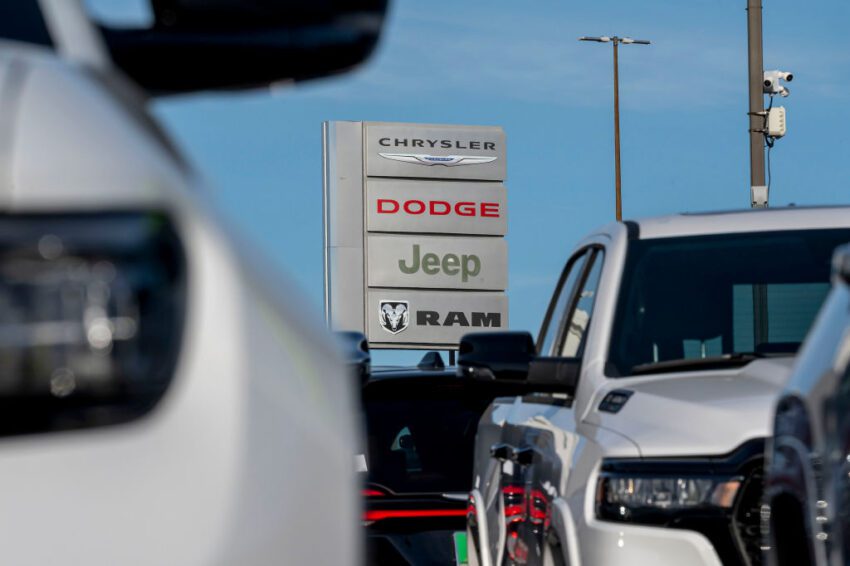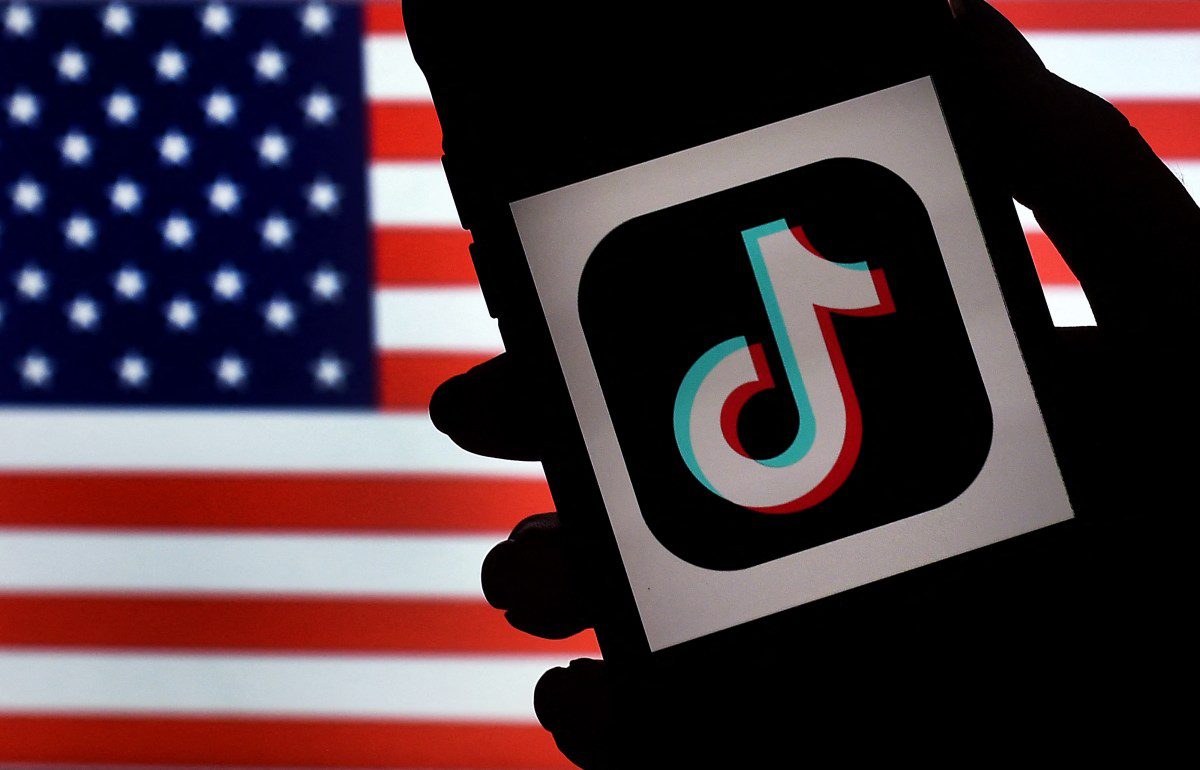
automaker giant stellantis says customers personal data Stellantis, one of the world’s leading automotive manufacturers, has confirmed a significant data breach that has compromised the personal information of its customers.
automaker giant stellantis says customers personal data
Details of the Breach
According to reports, hackers have claimed responsibility for the breach, asserting that they have stolen approximately 18 million customer records from Stellantis’ database. This incident raises serious concerns regarding data security within the automotive industry, particularly as more vehicles become connected to the internet and rely on digital services.
Scope of the Data Compromised
The stolen records reportedly include sensitive personal information such as names, addresses, email addresses, and potentially even vehicle identification numbers (VINs). While the exact nature of the data compromised has not been fully disclosed, the scale of the breach suggests that a significant amount of customer information is now in the hands of cybercriminals.
Response from Stellantis
In response to the breach, Stellantis has initiated an internal investigation to assess the extent of the data theft and to understand how the hackers gained access to their systems. The company has stated that it is working closely with law enforcement agencies and cybersecurity experts to mitigate the impact of the breach and to prevent future incidents.
Stellantis has also reached out to affected customers, advising them to monitor their accounts for any suspicious activity. The automaker is expected to provide further updates as the investigation unfolds, but the initial response indicates a commitment to transparency and customer safety.
Implications for Customers
The breach poses several risks to customers whose data has been compromised. Identity theft is a primary concern, as cybercriminals may use the stolen information to impersonate individuals or to gain unauthorized access to their financial accounts. Customers are urged to take proactive measures to protect themselves, including:
- Monitoring bank and credit card statements for unusual transactions.
- Setting up fraud alerts with credit bureaus.
- Considering identity theft protection services.
Additionally, customers should be cautious of phishing attempts that may arise as a result of the breach. Cybercriminals often exploit such incidents to send fraudulent emails or messages that appear legitimate, tricking individuals into providing further personal information.
Industry-Wide Concerns
This breach at Stellantis is not an isolated incident but part of a larger trend affecting the automotive industry. As vehicles become increasingly connected and reliant on software, the risk of data breaches grows. Cybersecurity experts have long warned that the automotive sector is a prime target for hackers due to the valuable data that can be extracted from connected vehicles.
In recent years, there have been several high-profile breaches in the automotive industry, highlighting the vulnerabilities that exist within the systems used by manufacturers. These incidents raise questions about the adequacy of current cybersecurity measures and the need for more stringent regulations to protect consumer data.
Stakeholder Reactions
The reaction from stakeholders has been swift. Consumer advocacy groups have expressed concern over the breach and its implications for customer privacy. They argue that automakers must do more to safeguard personal information and that transparency is crucial in the aftermath of such incidents.
Industry analysts have also weighed in, suggesting that this breach could have far-reaching consequences for Stellantis. Trust is a critical component of customer loyalty, and incidents like this can erode that trust. Analysts predict that the company may face a decline in sales as customers reconsider their loyalty to the brand in light of the breach.
Legal and Regulatory Implications
The breach could also lead to legal ramifications for Stellantis. Depending on the jurisdiction, the company may face lawsuits from affected customers or regulatory fines for failing to adequately protect consumer data. In recent years, there has been a growing emphasis on data protection laws, such as the General Data Protection Regulation (GDPR) in Europe and the California Consumer Privacy Act (CCPA) in the United States. These laws impose strict requirements on companies regarding the handling of personal data, and violations can result in significant penalties.
Future Considerations for Cybersecurity in the Automotive Sector
The Stellantis breach serves as a wake-up call for the automotive industry regarding the importance of robust cybersecurity measures. As vehicles become more integrated with technology, manufacturers must prioritize the protection of customer data. This includes investing in advanced cybersecurity solutions, conducting regular security audits, and fostering a culture of security awareness among employees.
Moreover, collaboration between automakers and cybersecurity firms can enhance the industry’s overall security posture. Sharing information about threats and vulnerabilities can help companies stay ahead of cybercriminals and better protect their customers.
Technological Advancements and Challenges
While technological advancements have made vehicles smarter and more connected, they have also introduced new challenges in terms of cybersecurity. The Internet of Things (IoT) has expanded the attack surface for cybercriminals, making it essential for automakers to implement comprehensive security strategies that address potential vulnerabilities at every level of vehicle connectivity.
Additionally, as the industry moves toward electric and autonomous vehicles, the complexity of the technology increases, further complicating cybersecurity efforts. Manufacturers must ensure that their systems are not only innovative but also secure against potential threats.
Conclusion
The data breach at Stellantis underscores the urgent need for enhanced cybersecurity measures within the automotive industry. As the landscape of vehicle technology continues to evolve, so too must the strategies employed to protect consumer data. Stakeholders, including automakers, consumers, and regulators, must work together to address the challenges posed by cyber threats and to build a safer, more secure automotive ecosystem.
As the investigation into the breach continues, affected customers and industry observers will be closely monitoring Stellantis’ response and the broader implications for the automotive sector. The lessons learned from this incident could shape the future of data security in the industry and influence how automakers approach cybersecurity moving forward.
Source: Original report
Was this helpful?
Last Modified: September 22, 2025 at 11:41 pm
5 views















